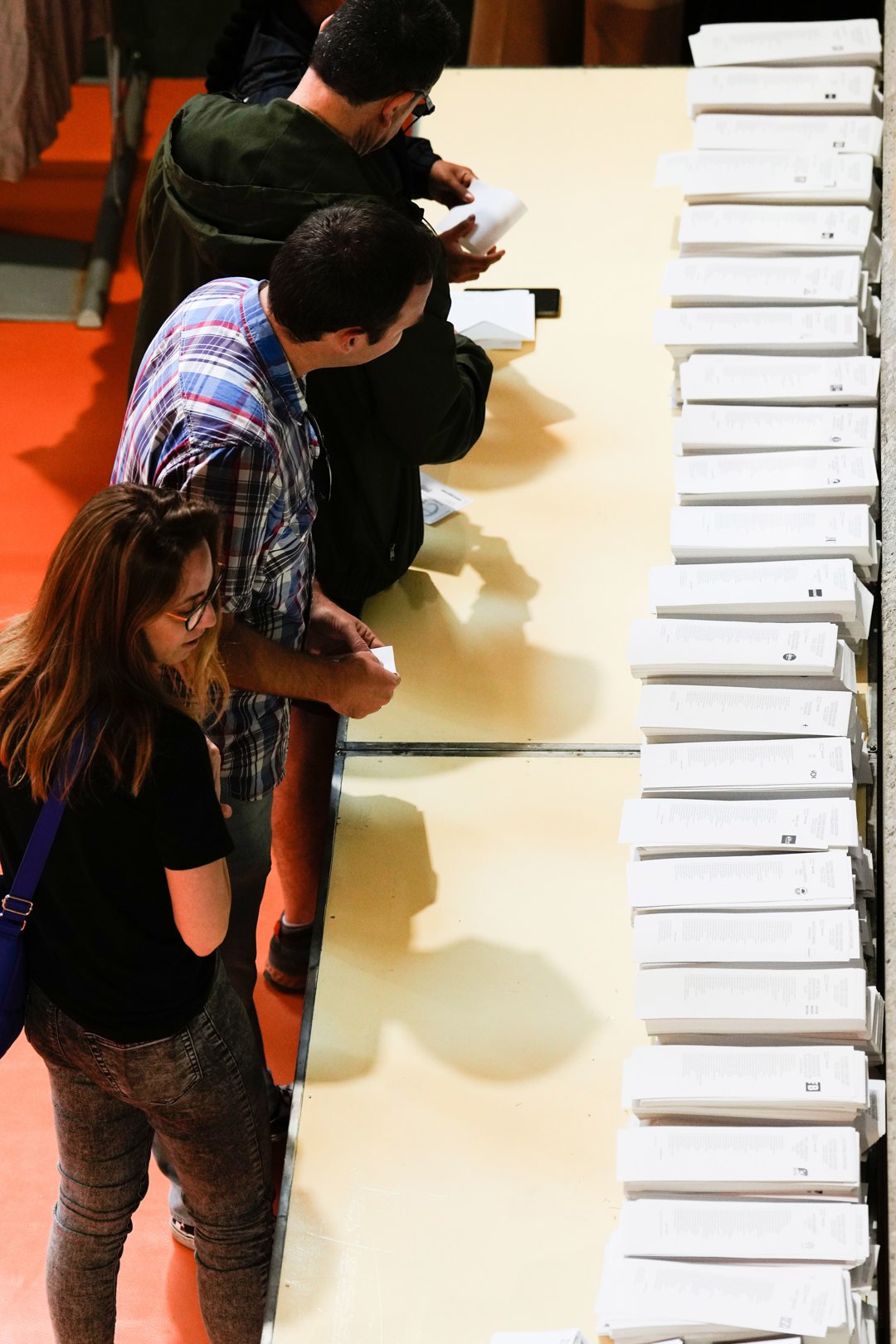The final stages of the vote count during last Sunday's municipal elections in Barcelona had supporters on the edge of their seats at the electoral headquarters of both the Catalan Socialists (PSC) and Barcelona en Comú following the close electoral duel between the two parties, which right to the end was close to a tie. At one point during the night the difference was reduced to a few dozen votes, although in the end, with 100 percent provisionally counted, the difference, in favour of the PSC, was 141 ballot papers. Given that with these results the PSC remained in second position with 10 councillors, while BComú was forced back to third, with only 9 councillors, the two parties are now nervously awaiting the official count. The final Socialist seat could conceivably flip to the Comuns.
🔴 Consult the provisional 2023 election results for Barcelona city council
The election night results are always defined, on the official website, as 'provisional', because the definitive figures depend on a second count that is always made afterwards as regulated by Spain's electoral law (LOREG), which specifies that the general vote scrutiny will begin "on the fifth day following the voting, by the corresponding Electoral Commission" (article 103) and that it must conclude "no later than the ninth day after the elections". In other words, the final scrutiny will begin on Friday and should be completed by June 6th as the deadline. In addition, votes from abroad must also be included, which are added at the beginning of this new count.
The importance of the second and official count
Although the second count is required in all elections, in the Barcelona case it is of particular importance because it could change the order and number of councillors of the parties that came in second and third place, Collboni's Socialists and Colau's BComú, respectively. The variance between the election night counts and the official totals for leading candidates in Barcelona can be around a few hundred votes and, therefore, it will not change the victory of Xavier Trias - who has a lead of over 17,000 votes - but it is a different story between second and third, with the election night difference of 141 votes. If the order changes, and the tenth seat flips, it will affect the forcefulness that Socialists and Comuns bring to the table over the investiture of the future mayor, which is why Jaume Collboni and Ada Colau will be very much waiting for the final result. Such a change does not, however, seem likely to increase the chances of any other result than a Trias-led mayoralty in Barcelona, with ERC having rejected the idea of any other variation and even the Socialists going cold on it since the calling of the July 23rd general election.
Will Colau lead Sumar's Barcelona candidacy for the general election?
Meanwhile, Pedro Sánchez's move to call a snap general election for July 23rd in Spain means that Ada Colau could be seen in a new political role sooner than anyone might have expected. If, during the campaign it was already seen that a possible exit from municipal politics for Colau would be to participate in the Spanish general election - when it was expected to be at the end of the year - the early election call and the failure to win on Sunday has left the doors open wide for Colau to be the candidate of En Comú Podem for the left-wing Sumar platform led by current Spanish deputy PM Yolanda Díaz.
As ElNacional.cat has learned, the acting mayor herself is already taking steps in this direction, making known to her innermost political circle that she is willing to be the Barcelona candidate, even though nothing has been formally announced - probably waiting for the investiture of the future mayor of Barcelona to be resolved. And before that, the question of second place or third will also be definitively decided.

